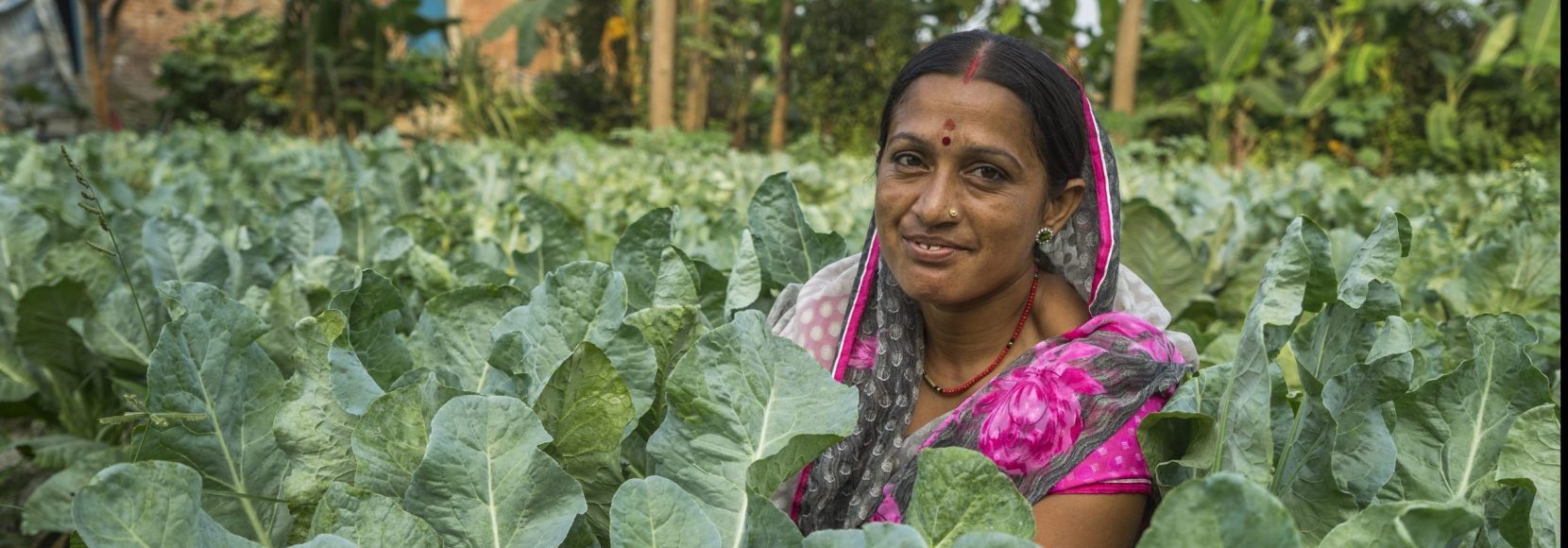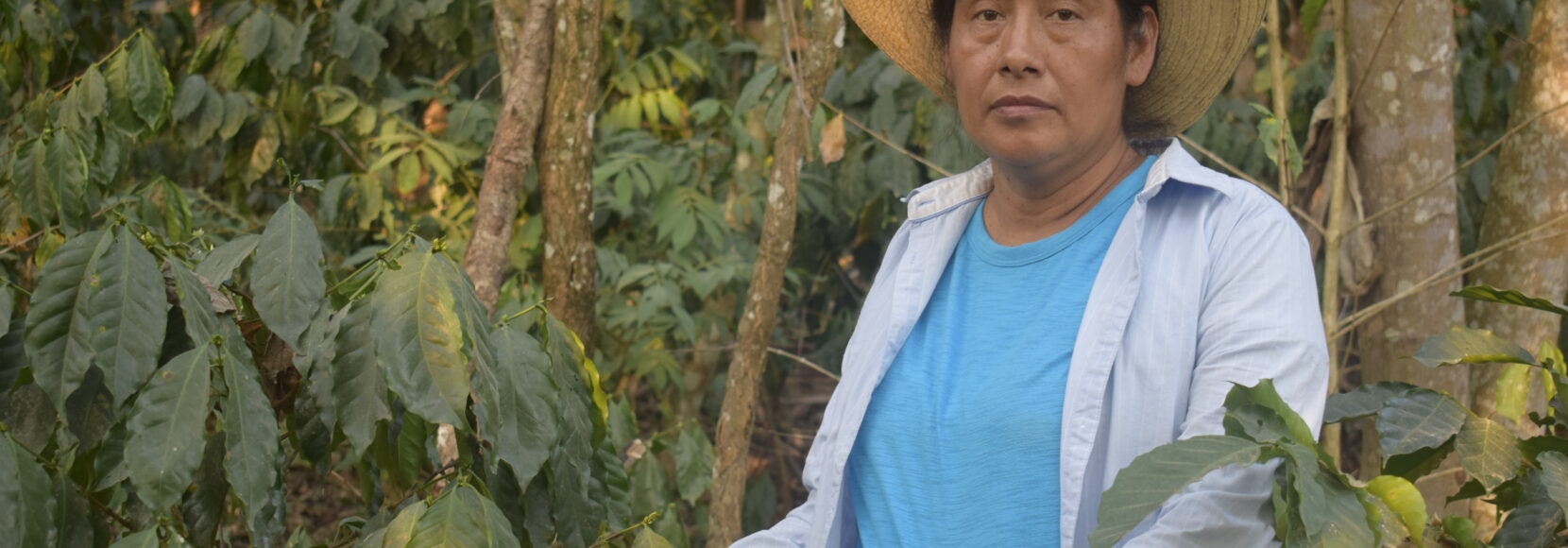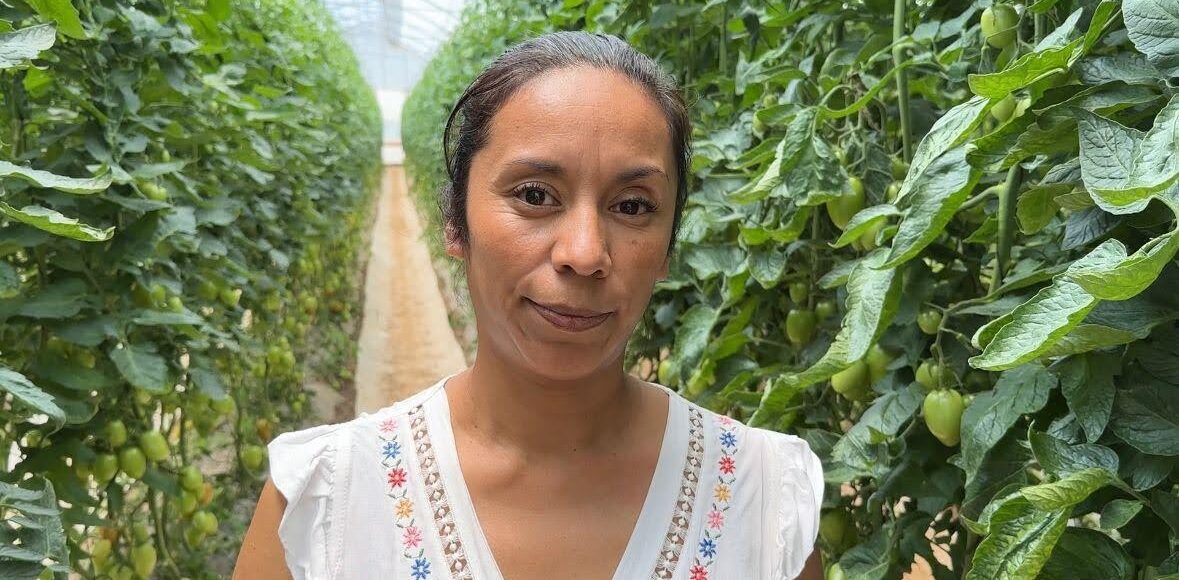
“It Will Lead to Millions of People Leading Better Lives”: A Q&A with New Partners TechnoServe and WWF (Part II)
In part II of our Q&A with WWF's Cristianne Close, we discuss the do’s and don’t’s of sustainability work.
Earlier this year, TechnoServe and WWF joined forces in the regenerative business fight: working to increase incomes and community resilience while protecting nature and the climate.
To learn more about this unique partnership, we spoke with Cristianne Close, WWF’s Markets Practice Global Leader, and Katarina Kahlmann, TechnoServe’s Chief Program Officer, who leads our regenerative business work.
In part II of our Q&A, Cristianne and Katarina share the partnership’s first projects on the ground; the do’s and don’t’s of sustainability work; and an open “invite to anybody listening.”
1) What about this partnership most excites you?
Cristianne: What really excites me is the opportunity to leverage each other’s expertise. We don’t need to replicate [TechnoServe’s] expertise in poverty alleviation in our projects because there’s a reason why WWF has our very strong primary mission in a certain element, and then we bring other elements to complement that.
WWF-US, alongside WWF’s area that manages this partnership is called “Nature Pays,” because we want nature [conservation] to pay more and to be of value for communities on the frontlines of conservation, so that they have the motivation to keep that biodiversity and nature there. And then we also give them tools and mechanisms and skills and rights to be able to do that.
So I’m really excited about this because [our partnership] is gelling; we are really getting on well, and it’s working well.
Katarina: I see this partnership as really being about “and”: people and climate and nature.
TechnoServe works in food systems and in agriculture because that’s how low-income communities earn most of their living. But we all see how these systems are blinking bright red because of climate change, because of nature loss, and related conflicts.
We can solve these crises. I’m absolutely confident of that. But we’re running out of time, and we can’t do it alone. We need partnerships that are action-oriented, and we need them now.
So what’s most exciting about this partnership is that it is holistic systems-oriented. It’s timely, and it’s action-oriented, and it will lead to millions of people leading better lives.
2) What are some initial projects that WWF and TechnoServe are working on together?
Cristianne: We’re currently very active on three fronts.
One is our first pilot in Mexico. We’re in partnership to strengthen community conservation enterprises, as we call them, in Oaxaca, with a group of women’s groups.
We’re improving rural livelihoods and supporting conservation there. And TechnoServe is providing technical support and capacity building on business skills for five of the 13 conservation communities enterprises there.
The second one we’re working on is really exciting; we have an initiative called Africa’s Food Future Initiative, to understand the integration of value chains and the future of food in Africa. TechnoServe is really owning and being the leader in the sustainable value chain pillar of that initiative.
What really excites me is the opportunity to leverage each other’s expertise.
–Cristianne Close
So we’re really counting on all of TechnoServe’s expertise in Africa to see how we can deliver food system transformation for Africa in a positive way that is also supporting livelihoods.
The last one we’re exploring is also very different from the previous two. It’s in the Western Indian ocean with coastal communities. We have a huge portfolio of initiatives with coastal communities, and so TechnoServe and WWF are establishing partnerships and aiming to create a business incubator for coastal communities that foster sustainable blue economy development.
So it’s a really interesting, diverse portfolio of things, leveraging our expertise in different aspects.
3) What are the most important elements in making these kinds of environmental and economic sustainability projects successful?
Cristianne: I learned in my early days going into the field and talking to communities that you need to listen and value [local] communities. They have very different cultures, very different backgrounds, very different histories, than we may have coming from a city or from a developed country.
So I think first of all, it’s really helpful to establish legal rights and access to decision-making for local communities for indigenous people, really making sure there is a governance that can be managed.
And I think this is linked to the second point: empowering what we call conservation community enterprises to access markets. So then you need to prepare them with the right skill sets: negotiation, business planning, pricing, costing, production, and really how they can become self-sustainable over time.
The last point is something that we’ve learned the hard way at WWF, but we really understand it is very important that we have the right social and environmental standards related to these community enterprises–so that we empower them to contribute to socioeconomic development but also reduce the pressures on environmental resources.
Katarina: Building on what Cris, said–in our experience, many initiatives ignore the first rule of business: know your customer. Let’s take regenerative agriculture, for example. The groups that really need to adopt regenerative practices are two: the farmers very often living on razor-thin margins and naturally being pretty risk-averse. And then we have the food businesses that need to produce quarterly reports, show profitability, and please pretty strict shareholders.
So for any regenerative agriculture initiative to be successful and really become a systemic, sustainable force for good, it needs to do three things.
First of all, it needs to make sure that farmers benefit. And this is what you mentioned as well, Cris. Really understand communities, really understand their reality, and make sure that they gain from the initiative.
Secondly, make sure that the food companies, the corporate partners, also gain. It has to be profitable for the food companies.
And then lastly, coming back to systems thinking–don’t address issues in isolation. Remember the “and.” It’s all about people and climate and nature.
4) How would you like other partners to get involved in this effort?
Cristianne: As we said, the level of challenges we’re trying to face needs more collaboration and other entities, partners, and stakeholders to come forward with their contribution and expertise. And there are many things we could say, but I’m going to name six things just so that people can have a broad [idea] of what could be.
[First]: unlocking finance investments to support community enterprises in the early stages. There are a lot of funds that get enterprises in the later stage, but that first gap, that’s kind of a mix between a grant and finance–those schemes are the ones that we need to perfect more, the bankable solutions.
Second: consortium and partnership building. You need to convene partnerships; that takes time to know how to work together. Technical expert donors, innovation funds, large-scale funding opportunities–having that consortium partnership building is really important to allow people to work on the ground.
Third: capacity strengthening. There’s so much that can be said on this because there are many skill sets that communities need to develop, and also our own staff working with communities need [capacity building support]. There are a lot of things that we want to understand better on enterprise development from the WWF side.
Fourth: technical support and advice on the ground–market-based consultancy, market analysis, the examples that Katarina mentioned and the ones that we’re working on. We need to understand, okay for this market, what are things that need to happen, and that’s where others come along too.
It will take a village to address these problems…In fact, it will take all the villages in the world.
-katarina kahlmann
Five: advocacy, thought leadership, and innovation. I always say, we need to lobby for good. We hear a lot about the lobbying for bad…so we need more people to support this [other] kind of work and to be advocates and vocal about the need for this.
And lastly, I think innovative program design is really important. We are learning organizations, and that’s important. And so there are new ways of working; new, innovative partnership models; and we’re creating that as we go.
Katarina: And just to add to what you’re saying, Cris, it will take a village to address these problems, right? In fact, it will take all the villages in the world, and we would love to collaborate more broadly–be it with companies, with governments, with other implementers, with foundations, and very importantly with community organizations.
So I think this is an invite to anybody listening to this that we’d love to partner more broadly–I know that that goes both for WWF and for TechnoServe–to do the work in the six areas that you’re mentioning, Cris. So if you’re interested in joining forces, please just reach out to Cris, reach out to me.





